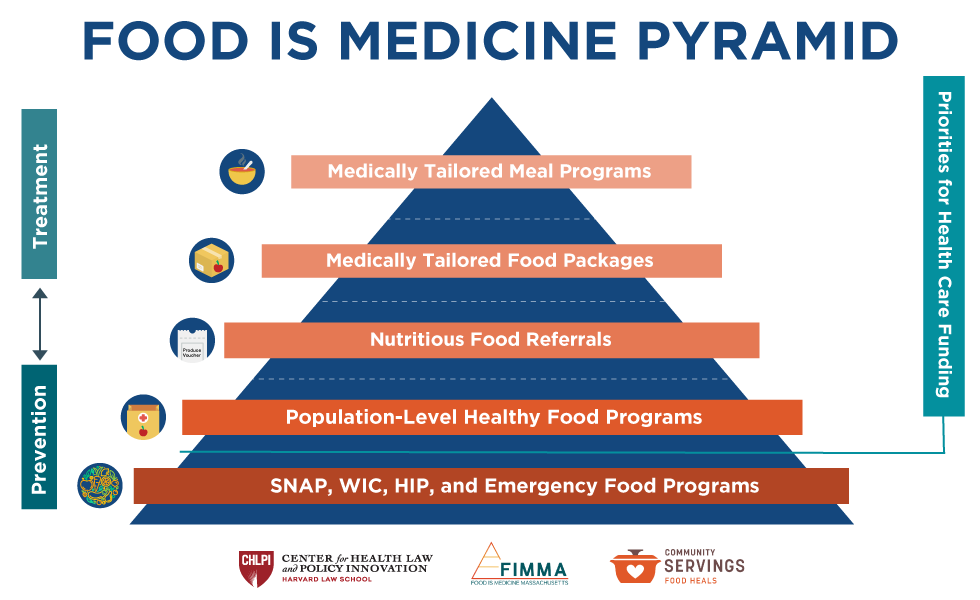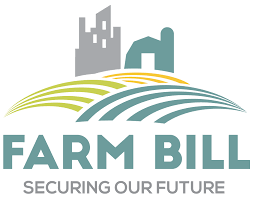Policy Campaigns
building thriving communities with evidence-based policies
|
Access to quality, nutritious foods can have tremendous impacts to health, particularly for older adults and children. Growing evidence has shown that programs that work to provide access to nutritious foods to people that may not have access or as part of a medical intervention can improve health, this is known as “food as medicine initiatives”, "food is medicine", or "Food Rx". To improve health in Kentucky, it is important we are able to draw on existing state and federal resources to help fund food as medicine initiatives.
|

|

